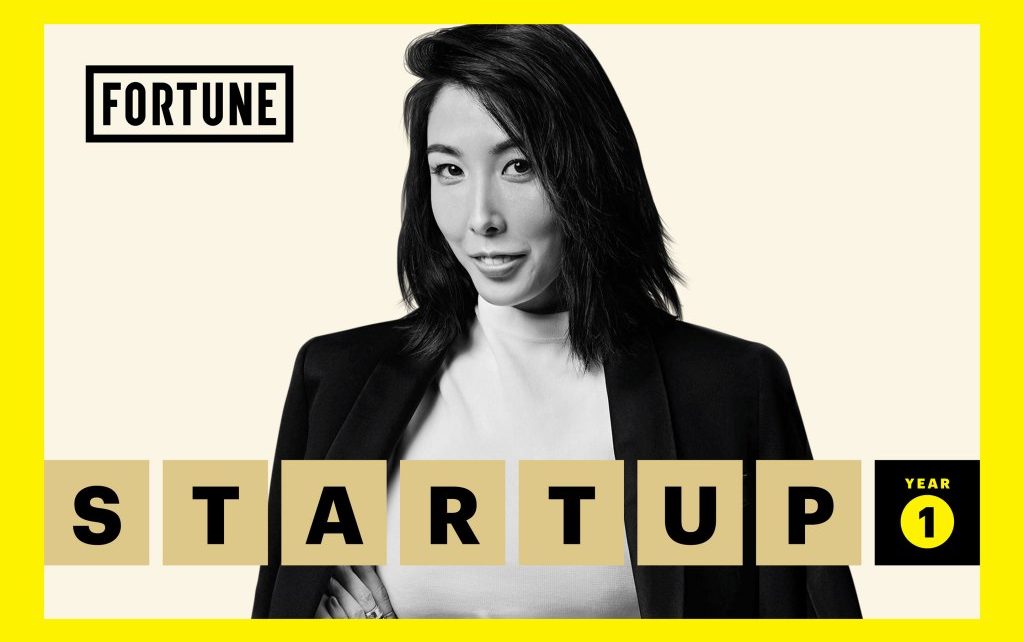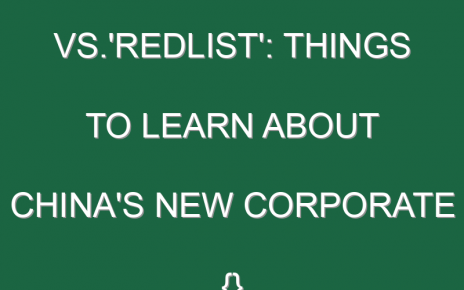This is an installment of Startup Year One, a special series of interviews with founders about the major lessons they have learned in the immediate aftermath of their businesses’ first year of operation.
The pandemic has fueled a cottage industry of different products that never seemed necessary in everyday life, but nothing has come close (or perhaps, become more necessary) than the face mask.
Anyone can easily make their own face mask or covering, but there is no shortage in the sheer number of options on the market now. And yet few, if any, have the instantly recognizable presence as Evolvetogether. The New York City–based brand produces the only consumer-facing, FDA-approved medical masks currently on the market—and have already sold 10 million masks in the few short months since launching last year.
As an Asian-American jewelry designer with no previous experience in this field, Cynthia Sakai quickly pivoted to the face mask business after realizing the demand for accessible medical masks for the general public. While most other brands were producing cloth-made options, Sakai felt that these were not the most hygienic, and she therefore sought out a factory and process that would ensure Evolvetogether masks were sterile from start to finish. In just one month, Sakai launched the medical mask company—privately funded to this day—with just 11 employees.
After some of the most popular and followed celebrities (including Justin Bieber, Ariana Grande, Katie Holmes, and Jennifer Lopez) were photographed wearing the masks, Evolvetogether had more than 40,000 people on a wait-list at one point, with the masks selling out in less than a week of being restocked.
Evolvetogether relies primarily on direct-to-consumer sales, while at least 30% are devoted to wholesale. Nordstrom, for instance, tested the brand online and after selling out quickly, picked up the masks for all its stores. Evolvetogether has ramped up production and is currently producing between 450,000 and 500,000 masks per week, with the projection of churning out more than 16 million annually.
Sakai recently spoke with Fortune about the inspiration and development process behind Evolvetogether, and what it’s been like to scale the wildly popular brand in just a few months.
This interview has been lightly edited for clarity and brevity.
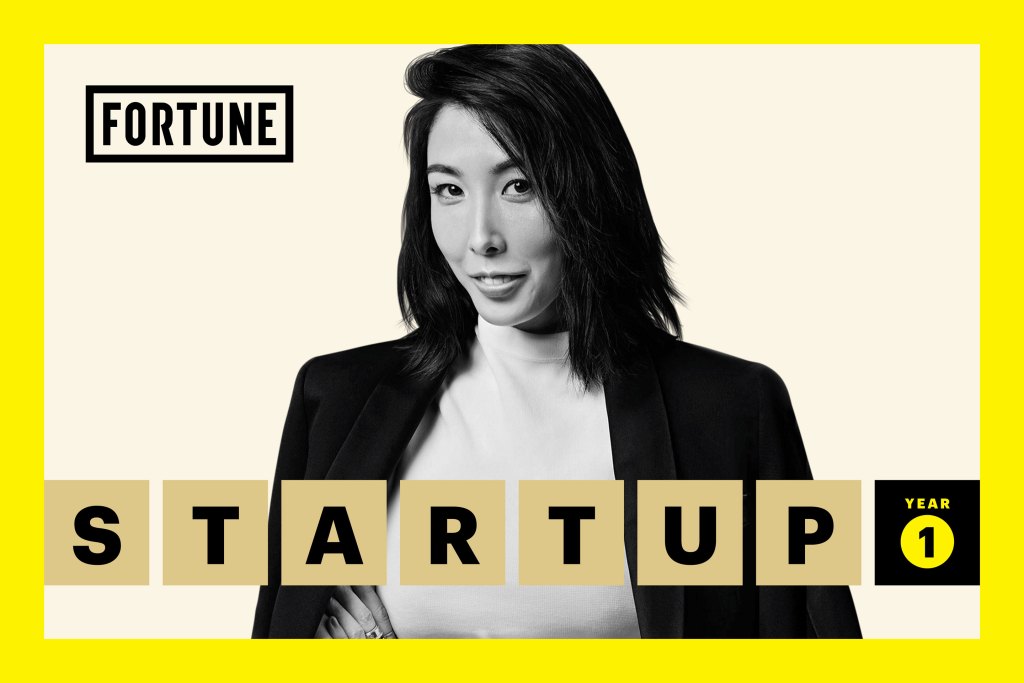
Fortune: What inspired you to launch a face mask brand? When did you make the switch from jewelry to face masks?
Sakai: I’m from New York City and saw firsthand the tragic effects of COVID-19’s first wave. It was a real moment of crisis, and everyone was either in shock or finding a way to help. We knew mask wearing was super important, but there were a lot of knockoff masks, misinformation, and price gouging happening. Affordable, tested medical masks just didn’t exist for consumers. Cloth masks didn’t offer the same levels of protection, and medical masks looked super clinical. There was a real need for affordable, easy-to-wear, and stylish masks that actually worked.
I didn’t know how to make masks, but I did know from Vita Fede, my existing jewelry business, how to make good quality products that people were proud to wear. It was surprisingly easy to apply those same aesthetic and design principles to masks—and bring the first consumer-facing medical mask to market during a period of crisis that offered SGS-tested protection, with greater than 98% bacterial filtration efficiency (BFE) and 95% particle filtration efficiency (PFE) protection.
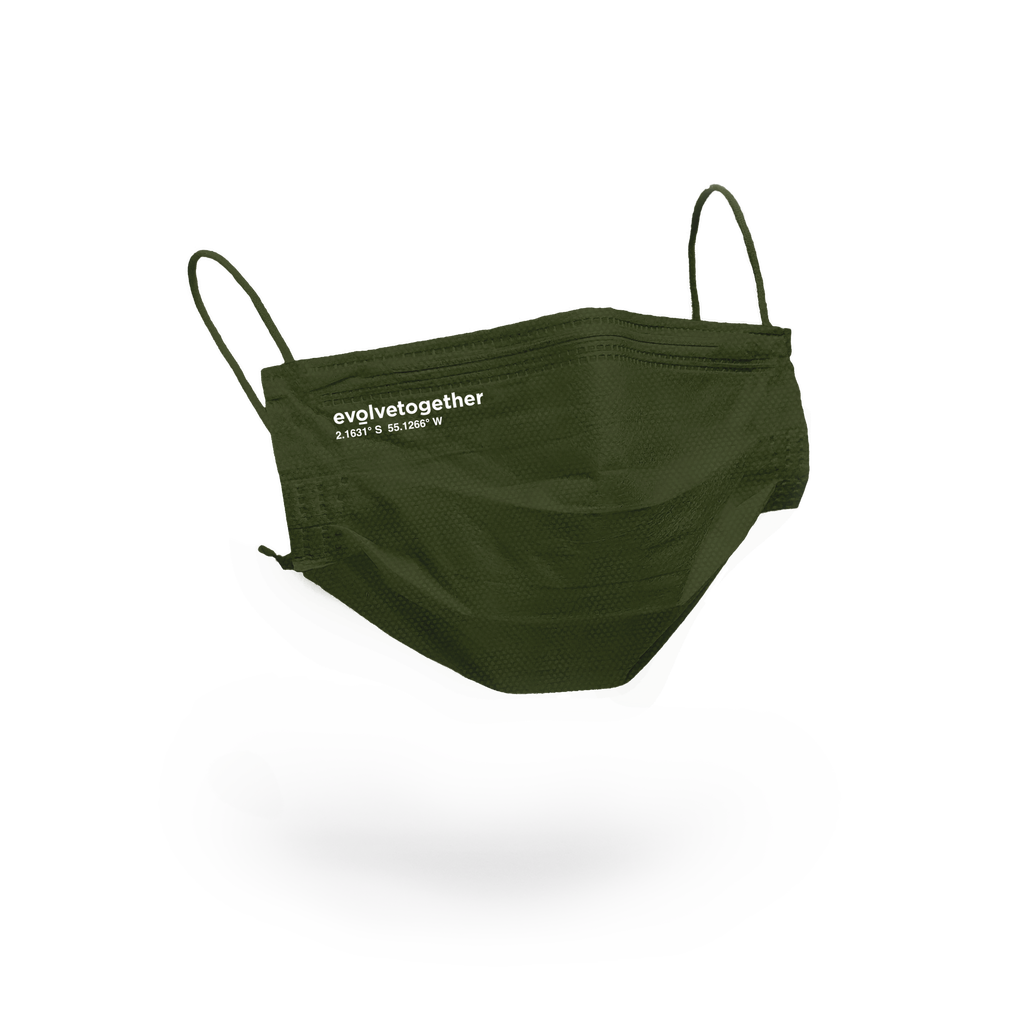
Evolvetogether is touted to offer the only consumer-facing, FDA approved disposable medical face mask on the market. What does that certification require? What went into the development process?
Since day one, our focus has been on performance-tested quality because people’s health is at stake. The first thing we did was find a manufacturing partner that met our litmus tests of being able to produce genuine medical masks, was socially responsible, and was able to produce masks at scale to ensure they were affordable. We were fortunate to find a FDA-registered factory that had long specialized in production of quality personal protective equipment (PPE) for governments and hospitals.
From there, we were able to develop masks that were designed for daily living—loosening the ear loops, making the interior softer, adding breathability. And of course, the aesthetic details like crafting custom colors that blend seamlessly with a range of outfits and stamping global coordinates as a reminder we’re all connected no matter our race, religion, gender, or where we live. And most importantly, we went the extra mile of using third-party testing by SGS [an inspection, verification, testing, and certification company] so customers could feel confident that our masks performed exactly as we said.
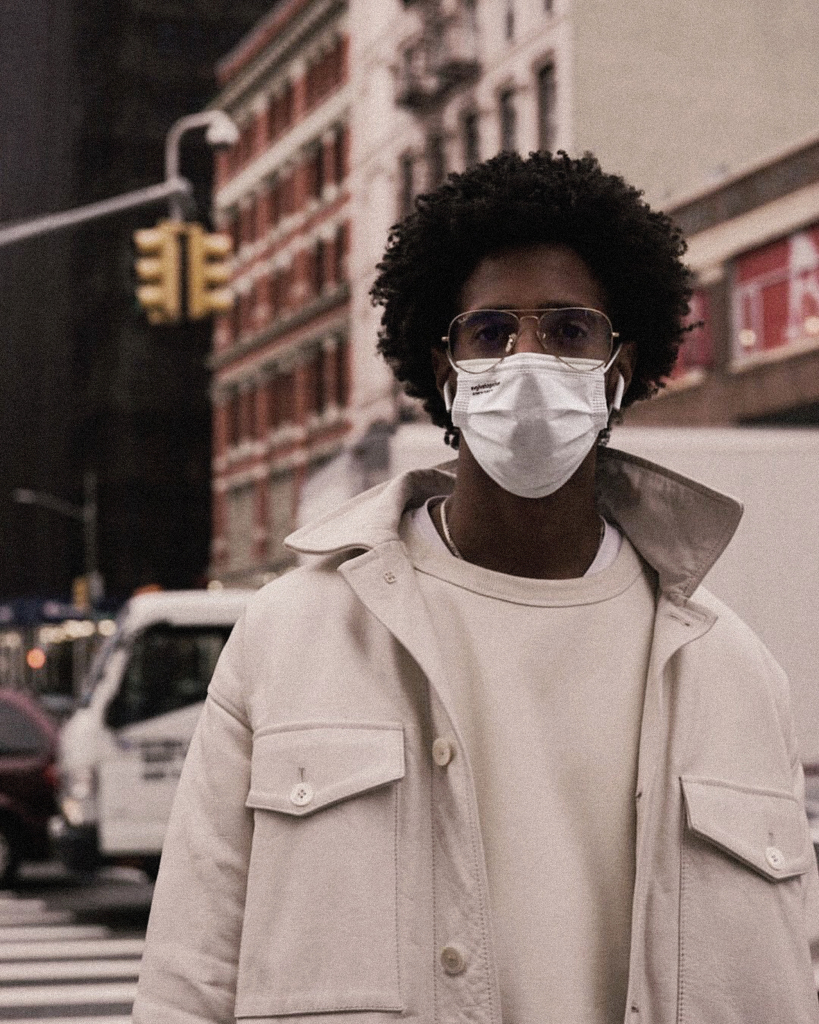
It’s incredible how fast these masks started appearing everywhere, not just on celebrities in paparazzi shots but also on people walking down the street. What has your social media strategy been like? Did you work with influencers and/or celebrities in any fashion to promote the face masks?
It has been incredible, especially considering how organic it’s been. To date, we’ve never done a single paid promotion or even a paid social ad.
At the heart of it, people who tried our medical masks really loved them and word of mouth has driven our growth. When we launched, I sent masks out to all the stylists, editors, and celebrities with whom I had strong existing relationships from my jewelry business and asked them to try out the masks, and it sort of just took off. I think people really responded to not only the aesthetic, but the quality. They could see and feel the difference—and we had the SGS-testing and FDA-registration to back up our claims.
On social, we’re always reposting people who have tagged us while wearing their masks—they’re proud to wear an evolvetogether mask, and we’re proud to play a part in keeping them and their communities healthy.
That said, you have generated an incredible wait-list. Where does the wait-list stand now? What has it been like to scale a business so rapidly? Have you grown your employee base since last spring?
Oh, gosh. Well, launching a business during a pandemic and a lockdown (while also navigating unexpected rapid growth) has been challenging, to say the least. Because we were meeting a time-sensitive need, we had to move quickly and couldn’t afford to make a lot of mistakes or second-guess ourselves.
Pre-COVID, I’d travel to the factory and do a hands-on review of both products and packaging. Now I spend hours writing lists of everything that can go wrong and how we might resolve it. We had to be ready to identify issues, react, learn, move on. I think that agile, forward-thinking mindset really helped us when we went from fulfilling a few hundred orders a month to upwards of 40,000 orders a month and had massive wait-lists. We had to figure out big infrastructure issues in real time—from ramping up production to securing a larger fulfillment house to expanding our customer care team. Our factory has the capacity to produce up to 7 million masks a week, helping us keep up with the demand of our direct-to-consumer, wholesale, and collaborations projects. And even though we still sell out of some styles, we—finally—are past having a wait-list.
It was hard, but we were able to do it because we have partners we trust and we could move quickly within a digital-only workplace. I’m really proud of the work we’ve done, including hiring 15 people in New York City during a pandemic. It’s been a wild ride, but I’d do it again in a heartbeat.
At its peak in mid-September our wait-list was about 40,000 people who preordered roughly 1 million masks. We kept selling out through the fall and finally caught up toward late October—though our new styles are still selling out quite fast. For example, when we recently launched “Tokyo,” our new gray medical mask, both the adult and kids’ versions sold out the same day and the current stock is now on a wait-list. Fortunately, our current wait-lists are much, much more reasonable thanks to the infrastructure investments we made during the fall to prevent these long waits!
Manufacturing is made up of many parts and processes, so we knew that our solution also needed to be multifaceted. We ramped up production for our core colors to ensure we’re consistently meeting that demand regardless of sales surges on any one particular style. We brought in more machines for our line and tripled workers. We vetted and contracted backup factories who met our high criteria to help work through backlog in case of overflow. We also worked on securing more materials pre- and postproduction—both ordering more raw materials for the masks and moving to a new packaging supplier in order to secure larger volumes of packaging so we wouldn’t bottleneck production.
We’ve actually struggled the most with what’s hardest for us to control: fulfillment. When we started, we were shipping directly out of our office, which was fine while we were fulfilling just a few hundred orders at a time, but clearly not sustainable as we grew. We then onboarded [third-party logistics], but we needed to switch to a different one who could handle sudden surges of orders—all while nationwide mail delivery delays were happening.
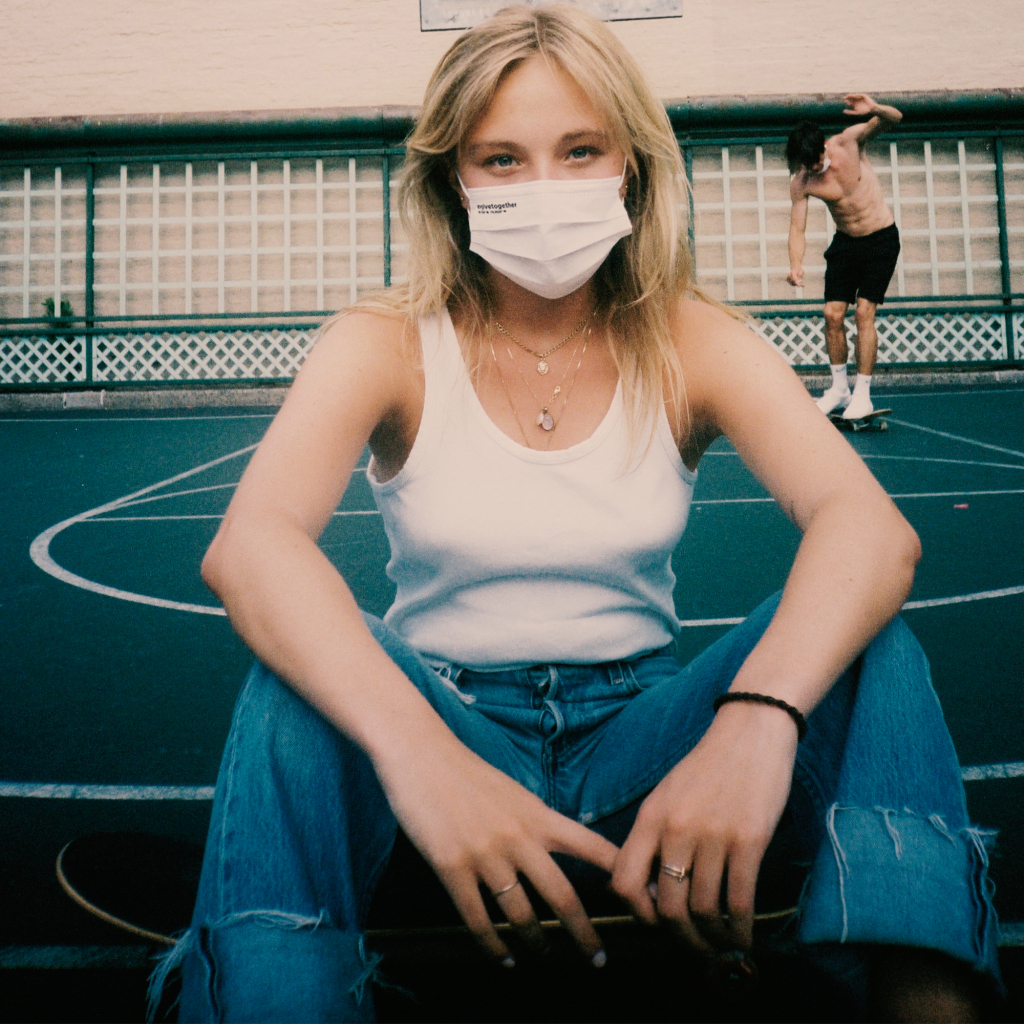
Evolvetogether started out as privately funded; is that still the case?
Yes, we remain privately funded.
What are you working on next? Are there new versions of the masks coming out? What are your plans for production and the business once we’re past the pandemic?
Since day one we’ve thought about evolvetogether as a greater story, not just a single product or transaction. That’s allowed us to really home in on what matters most to us: making thoughtfully designed daily essentials that are good quality and make a positive impact.
We actually put out a survey recently to our customers asking them about new products and what they care about, and the response rate and engagement were incredible. We’re excited to take that feedback and use it to introduce new products including sustainable clothing, convenient travel goods, more health and wellness items, and even new charity collaborations for our masks.
More must-read lifestyle and entertainment coverage from Fortune:
- What we are looking forward to in 2021
- Can former Cisco CTO Padmasree Warrior build a better social network for book lovers?
- Are movie theaters dead? Certainly not in China
- The period-care startup nixing the stigmas and taboos around menstruation
- Marie Kondo is back with a new collaboration to keep you organized while staying at home


